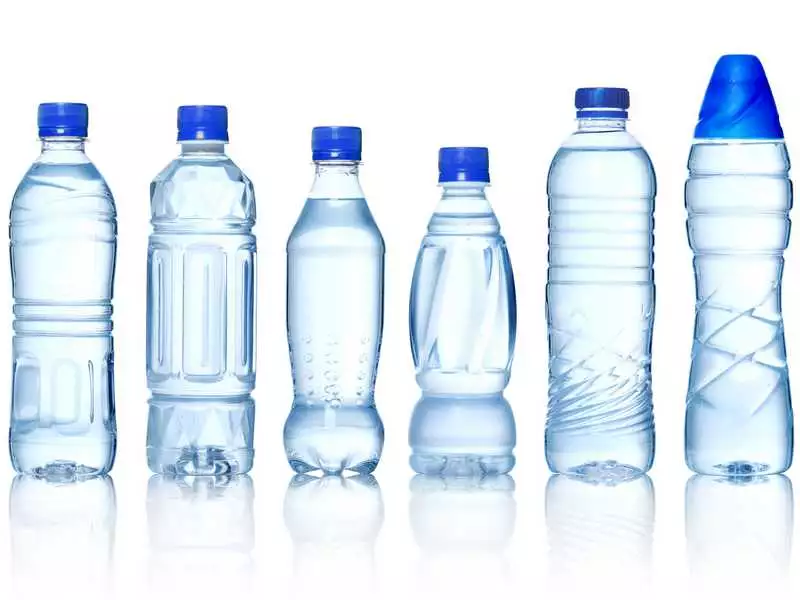The average human being is made up of 60% water, which is essential for the body to function properly - the work of every organ (e.g. muscles, kidneys, lungs, heart), depends on the presence of water. Every day, the human body loses 2.5 - 3 litres of water as a result of the processes that take place within it (the work of individual body parts). This means that every 6 weeks, the water in the body - is regularly replaced.
Minerals and their health-promoting role
What minerals a water has in its composition determines its health qualities, including its preventive as well as care qualities.
Magnesium - is involved in the majority of metabolic processes in the body. Among other things, it prevents cancer, arteriosclerosis, kidney stones and heart attacks. In addition, it counteracts stress and reduces nervous tension.
Important! Lack of magnesium promotes obesity.
Sodium - plays an important role in regulating the body's water balance (it retains water in the tissues, preventing dehydration, thus maintaining the acid-base balance). In addition, it is a transmitter in the nervous system and is involved in the metabolism of proteins and carbohydrates.
Calcium - the basic building block of bones and teeth (especially recommended during puberty). This mineral also improves metabolism and regulates heart function.
Selenium , an antioxidant, prevents premature ageing of cells and the formation of tumours in various tissues and organs. This element, together with vitamin E, strengthens the immune system. It also prevents prostate disorders and lowers cholesterol.
Iodine - contributes to the proper functioning of the thyroid gland. It helps to maintain healthy skin, nails and teeth.
Iron - influences the growth process, increases immunity and also prevents fatigue.
Fluorine - contributes to bone tissue and enamel (prevents tooth decay, strengthens bones).
Zinc - is present in the body in trace amounts, but plays an important role in maintaining the acid-base balance. Among other things, this element regulates blood pressure, heart rhythm, secretory functions of the skin and blood cholesterol levels.
Chlorides - are found especially in gastric juice (hydrochloric acid) and, in the form of sodium chloride, maintain normal blood osmotic pressure.
Bicarbonates - reduce problems associated with hyperacidity, have a beneficial effect on the body in the early stages of diabetes (reduce blood sugar and urine). In addition, they reduce acetone secretion and have a beneficial effect on insulin action. Furthermore, they regulate the pH of the blood.
Water for beauty
Mineral water is not only an ally for health, but also for beauty. It is important to remember that the gradual loss of water from the body contributes to the ageing process of the skin and the consequent formation of wrinkles.
The largest amount of water is in the dermis (80%) and the least amount is in the stratum corneum (13%). The water in the epidermis comes from the dermis - so it is important to moisturise "from within", which accounts for 90% of all skin hydration.
Important! Adequately moisturised skin from within is elastic and keeps its suppleness.
Drink a minimum of 2 litres of mineral water every day - only in this way will the body be able to function properly and, importantly, will not release water stored in the dermis to balance other internal processes at the expense of the skin's loss of firmness and elasticity.

photo: panthermedia
Important! Drinking mineral water will help you achieve and maintain your ideal figure.
A study published in Obesity showed that drinking two glasses of water before a meal resulted in greater weight loss compared to people who did not drink water.
Important! Drinking water leads to a reduction in total energy intake and an increase in fat oxidation compared to other beverages.









